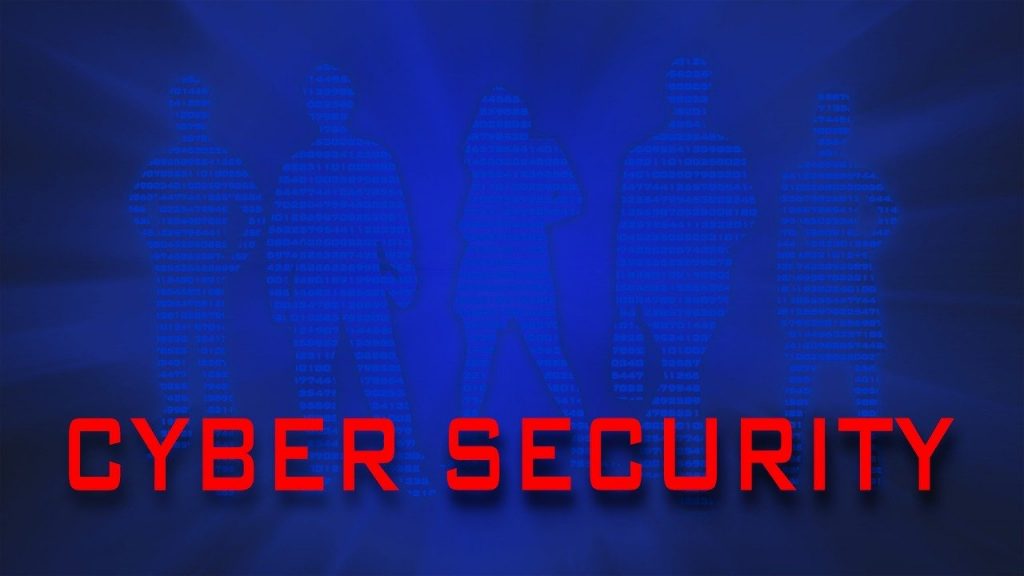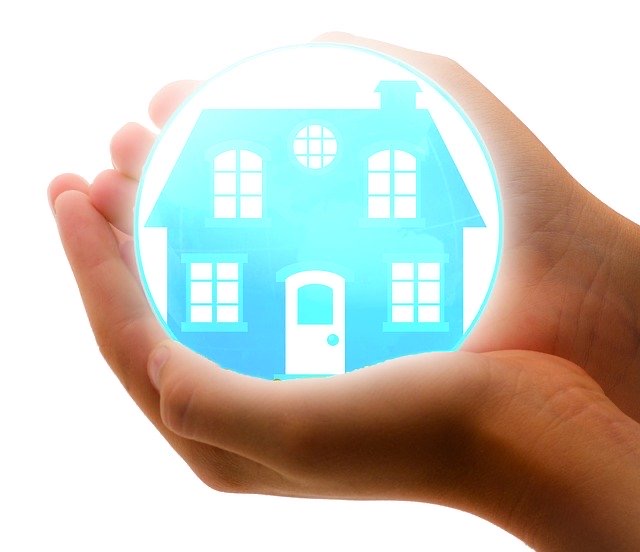Nowadays, you really have to be careful about what you do online. It is dangerous to put yourself out there, especially if you are over 50.
Life just isn’t like it used to be.
We grew up in an era where we could run around the block footloose and fancy-free. I remember growing up in a neighborhood where we played hide-and-seek well until after dark.
There was no parental supervision. We weren’t worried about abductions or amber alerts like nowadays.
We just played and we had fun, unaware of the dangers that obviously lurked even though they were out of sight.
That’s the problem. They were out of sight and out of mind.
Nowadays, they are right there in front of us online and visible. Social media didn’t exist back then and sometimes I wish it never did.
Everyone knows your business now, whether you are on platforms like Facebook or not. If you Google someone, there is bound to be a cyber footprint of that person.
Maybe you had your picture taken for a story in the newspaper. That will be on Google. Maybe you didn’t realize that your relative’s obituary showed your picture and gave personal information to a world of bad guys.
Maybe your history is recorded on websites like Ancestry.com. Who knows, there could be hundreds of places you appear on the web, and you don’t even know it.
Even if you try really hard not to be on social media networks, someone may have a picture of you and post it on their blog or a social media platform like Pinterest, Instagram, or Twitter.
Cyber safety is something we must consider in this generation whether we want to or not. The previous generation trusted too much, creating vulnerability.
If you’re reading this right now, then you realize that’s you.
That’s me too.
Knowing about cyber safety is half the battle, and that’s what this article is about. I hope to raise awareness that people over 50 can be in danger of cyber threats more easily than others.
Let’s learn.
IDENTITY THEFT
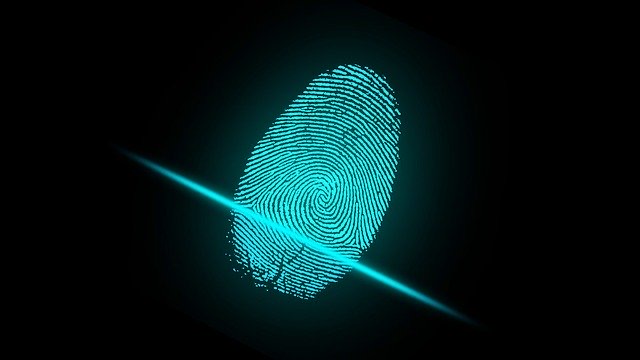
I work in the telecommunications industry with computers and the internet. I hear about people who’ve had their identity stolen all the time.
Recently on the news, I heard about a woman whose husband just passed away. His obituary gave scammers everything they needed to know about him.
Ultimately, her husband’s identity was stolen. Scammers used the information to open credit cards under her deceased husband’s name and started racking them up.
Isn’t that awful?
I heard another story about a retired couple who lost their savings because they trusted a man on the phone who called them about their bank account.
He said he was from the bank and they needed to move their money immediately because there had been a breach of information.
The man told them to hang up and call their bank. Well, they did, and apparently the scammers were still on the line and pretended to be the bank as well.
They lost their entire retirement savings.
These kinds of things are happening all the time now. Unless you are diligent, someone is bound to pull the wool over your eyes and either steal your identity or your money, or both.
There are people that steal for a living. They are called scammers. They lurk where you least expect them and destroy lives.
SCAMMERS
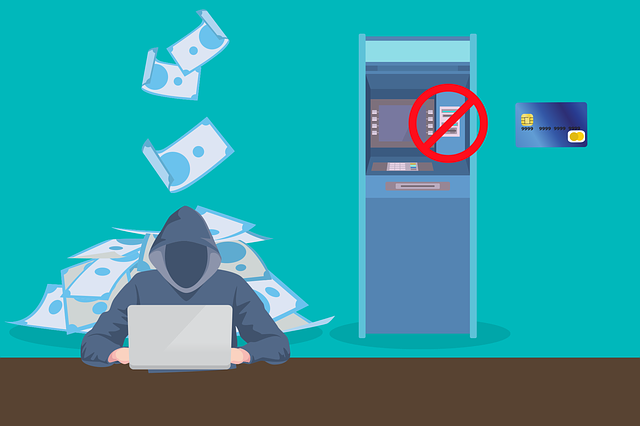
Scammers are everywhere. They have networks across the world and cells within your own country. Never underestimate what they can do.
My own son became a victim. He lost his entire life savings by believing he was speaking to Revenue Canada.
It devastated his young family and proved that these things can happen to anyone, young or old, educated or not.
Scammers have tactics that can fool anyone.
So, what do you do?
Do you walk around not trusting people? Do you hide in your basements afraid to go out in the world?
Of course not.
Instead, you wise up!
Be mean!
Hang up the phone if a telemarketer calls. That’s what you do. And you don’t give out ANY information over the phone. NOTHING!
When I get a call from a telemarketer, I immediately hang up the phone. I know that’s rude, but I don’t care.
There was a time when I felt I had to listen to what they were saying. I didn’t want to be rude so I heard them out.
The calls usually ended with me hanging up anyway, and then I would stress about the call for the rest of the day. Not anymore!
Since my son got scammed, I don’t care. I hang up without explanation and I don’t give it a second thought. They don’t deserve my time or a polite conversation.
Frankly, I just don’t give them a foothold.
I’ve heard so many stories of people giving out personal information over the phone just because they were asked.
Little old ladies who were told they won a cruise and just needed to give their social insurance number or credit card to hold their spot, have lost everything.
Hogwash! It’s all a bunch of lies.
Do NOT fall for that.
As older people, we tend to trust easier. We are from that generation that believed a handshake was our bond.
Well, that doesn’t exist today, sadly.
Don’t give anything over the phone. Not your SIN number, or your banking information, or your credit card, or personal information of any kind.
Hang up. Wait for a while. Then call. Use a different phone if you have to but be wary of the deception that is all around.
If you can, go directly to your bank in person!
It’s sad that it has to be like this nowadays, but it is the way it is. Don’t fall for liars trying to steal your money or your identity.
Form a safety net and follow protective measures to stay safe online.
Never trust emails either unless you know the sender. Do not click links within your emails. They are not safe.
Especially don’t send personal information through an email.
If you have to, do everything in person as much as possible. That goes for online banking even though it’s a popular way to pay bills these days.
It’s an added measure of protection if you can avoid online banking, especially putting the App on your smartphone.
Recently scammers found a way to get into cell phones and steal your banking information. So, just don’t store anything like that on your phone.
If we have to do it the good old-fashioned way and pay bills in person, then so be it. Most of the older generation isn’t tech-savvy anyway and that means potential risk from scammers.
If you have to rely on your adult children to help set up banking information on your phone, you may want to pass on online banking.
You must be aware of and understand what the risks are before you can protect yourself. Take a look at another article I wrote called How to Avoid Getting Scammed. It will help you even further.
PERSONAL SAFETY
As an older adult, you will want to protect yourself from the implications of online dating and social media.
Many older people have been harmed because they trusted too much.
Dating websites can be con artist’s playgrounds. If you blatantly trust people on those sites you may be in for trouble.
I’m not saying that everyone who is on a dating website or social media is out to get you, just like not all emails or phone solicitors are bad.
You just need to be careful.
As an older person, there needs to be a process you adopt to protect yourself. If you get a call, hang up. If you talk to the person and they want you to transfer $30,000 through a bitcoin machine. STOP!
Hang up the phone and talk to someone. Don’t believe whatever they tell you just because they seem reputable. Be wise!
Always get a second opinion.
Not only can scammers steal your identity, but they can harm you personally. If you tell people where you live, they could stalk you.
They could harm you.
Keep your personal address off the internet. Don’t broadcast your exact location on social media. You never know who is waiting to rob an unsuspecting senior.
Always protect yourself by keeping personal data off the internet whenever you can. If you’re on a site that says personal info is hidden from the public, that’s fine.
If you run your own website, you can purchase privacy protection which keeps your personal data off WHOIS, which is a database for websites.
Even if you have a YouTube channel, you can be safe by practicing proactive safety measures and making wise choices.
You wouldn’t hop on YouTube and broadcast your personal address. You wouldn’t say, “Come find me at 222 Boardwalk Avenue.” That would be dangerous and stupid.
But sometimes people don’t know.
That’s what this article is about: Informing older people about the dangers of the modern world. We can’t trust as we used to when we grew up.
It’s a different world now.
CONCLUSION
In conclusion, I just wanted to say that cyber safety is important. It never used to be until the internet came along, but it is the way it is.
Life has to adjust.
We have to adjust.
You can get caught up in the why and become bitter about it, or you can choose to make wise choices.
Don’t answer calls without caller ID. Hang up the phone when it’s a telemarketer even if it may be legit.
Don’t give personal information out to anyone over the phone or through emails.
When someone requests personal information insisting they are from your bank, say no and go down to your bank and talk to them in person.
If someone says you won a trip and you need to give a credit card to hold your spot, hang up immediately. Don’t be fooled.
Don’t be scammed.
Remember to only fill out forms requesting things like your address, bank account numbers, credit cards, and personal information, on closed, secure websites that state they will keep your information private.
Look for a little lock in front of a URL before you do any banking on that website or any other website where you purchase online.
Or, just don’t. Don’t buy online if there is an alternative. That goes for banking online as well. Don’t add the banking App to your smartphone if you’re unsure of it.
There is always an alternative.
Often the alternative is old-fashioned. That’s okay. The way it used to be was a lot safer than it is right now.
Sometimes you have to bring back the past.
Still, you can’t bury your head in the sand and avoid the internet altogether. That’s not okay either. You have to know how to get along in the modern world. Just be safe when you do it.
Education is key.
Before you do anything online, research, understand and know what you’re getting into. That is the most important thing.
If you educate yourself first, you are more apt to choose safe methods to conduct yourself online so you can be safe in the ever-growing cyber world.
BE SAFE!
PIN THIS ON PINTEREST
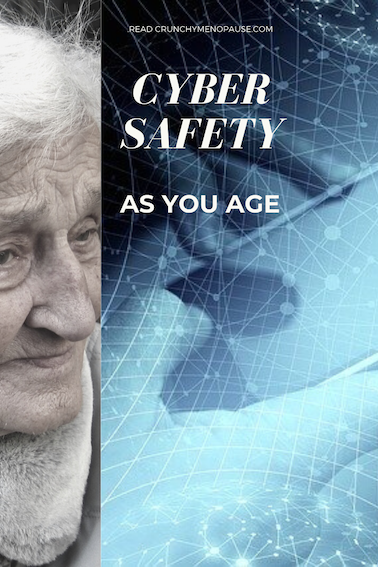
_____________________________________________________

Author Kathleen Morris
Kathleen Morris is a successful published author, blogger, and Youtuber. She enjoys writing about things she’s passionate about and making a difference in the world.

